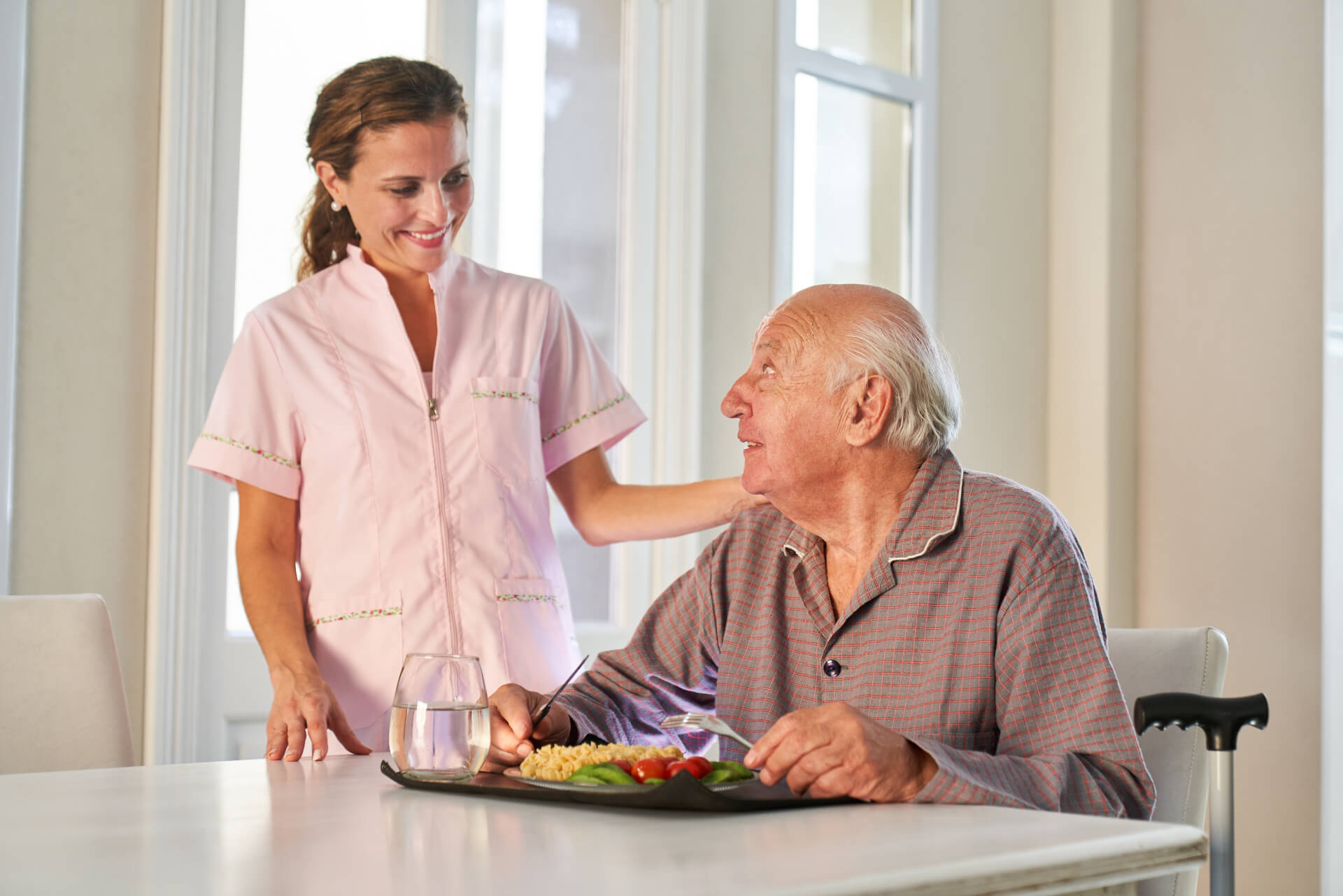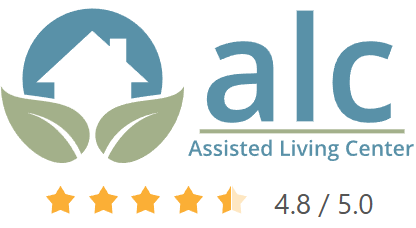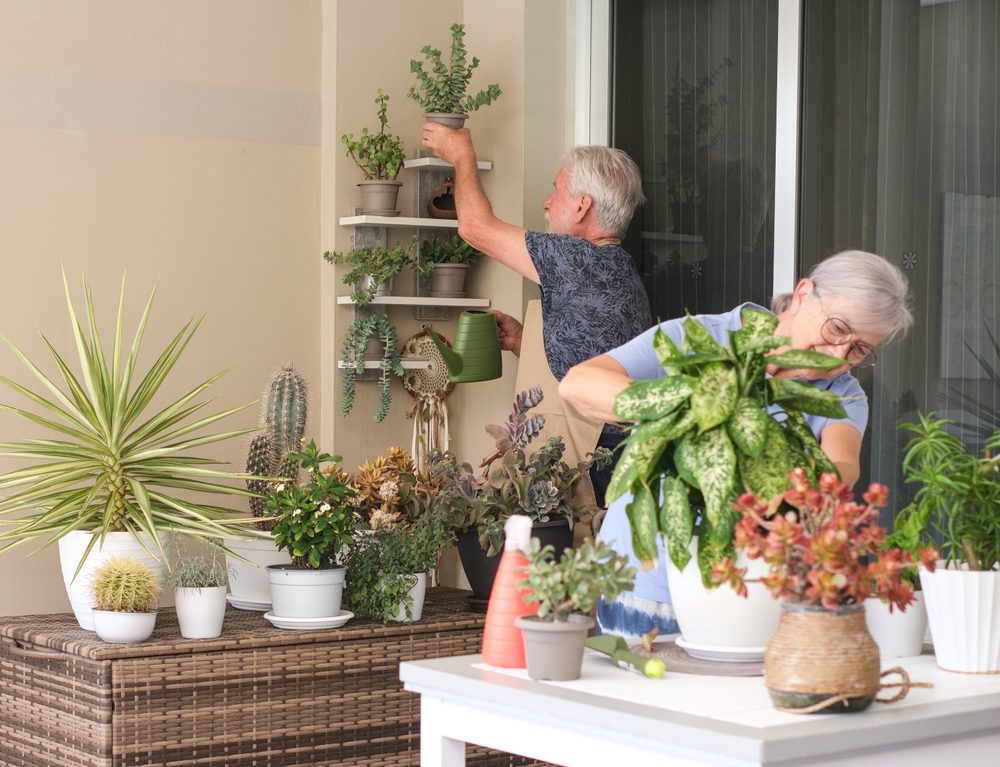Many elderly people find it easier to eat junk food than prepare food with carefully picked out ingredients, or they are simply unable to go to the market regularly and buy and carry all the groceries required for a balanced diet. On the other hand, many don’t have an appetite and not all food agrees with them. Moreover, if they have a medical condition that requires a special dietary regime, careful meal planning becomes even more necessary.
Sometimes even small things can make a big difference. For example, elderly people often experience a decrease in smell and taste receptor activity as a side-effect of medications, so the food doesn’t taste like it used to, and therefore it’s less appealing. An experienced and skilled caregiver can make the food more flavorful without compromising its nutritive value. As a result, your loved one will regain their appetite, and more importantly, regain strength and vitality.
Sometimes the factors that cause malnutrition are of psychological nature. For example, depression, stress, anxiety and dementia, among others, can contribute to the loss of appetite and considerable weight loss. At other times, clients simply resent preparing meals and eating alone, so they eventually abandon the efforts to eat healthily or eat at all. A good caregiver takes these factors into account and tries to turn everyday meals into pleasant, even sociable, experiences for the client.
A Better Way In Home Care refers caregivers who provide first class meal preparation service on a number of locations and work closely with you in order to ensure that your loved one gets the proper nutrition that is necessary to keep them strong and healthy. To be able to tend to every client’s nutrition properly, the caregiver needs to be informed of all client’s dietary requests and devise a plan in advance.












